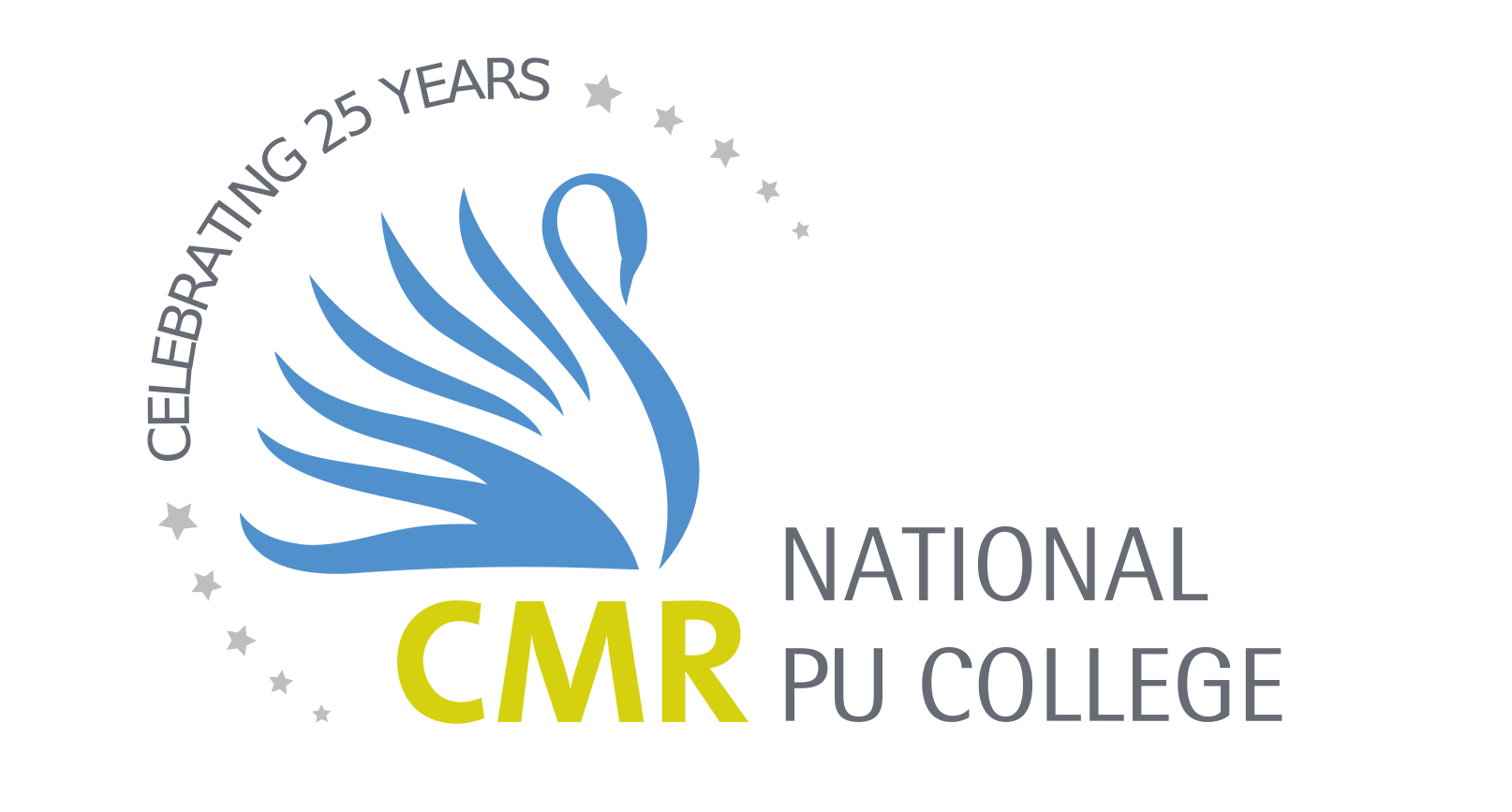Remember that moment when your teacher called your name and asked you to speak in front of the class? For many students, that simple request triggers sweaty palms, a racing heart, and the sudden inability to remember their own topic. Yet, in the dynamic environment of pre-university education, public speaking transforms from a classroom fear into one of the most valuable skills a student can develop.
The best PU colleges in Bangalore recognise this transformation potential, integrating comprehensive public speaking programs that do more than improve presentation skills; they build the foundational confidence that supports all academic and personal growth.
The connection between public speaking and confidence isn’t just theoretical; it’s physiological and psychological. Every time a student stands before peers to present ideas, they’re not only practicing communication; they’re rewiring their brain to handle pressure, organising complex thoughts under stress, and developing the self-assurance that comes from conquering fears.
This journey from nervous speaker to confident presenter represents one of the most impactful aspects of pre-university education, providing benefits that extend far beyond the classroom.
Why Public Speaking Matters in Pre-University Education
The pre-university years serve as a critical window for developing communication skills that universities and employers increasingly demand. While students focus on academic content mastery, the ability to articulate that knowledge clearly and confidently becomes equally important.
The best PU colleges in Bangalore, like CMR NPUC, understand that students who can express ideas effectively gain advantages in college interviews, group discussions, and future professional settings. These institutions create environments where public speaking becomes a regular part of the learning process, not just an occasional activity.
Public speaking training addresses multiple development areas simultaneously. Students learn to structure logical arguments, employ persuasive techniques, and adapt their communication style to different audiences. These skills enhance academic performance across subjects, from literature presentations to science project demonstrations.
The confidence gained through successful speaking experiences translates into more active classroom participation, better group collaboration, and increased willingness to take academic risks—all essential components of effective pre-university education.
Practical Strategies for Building Speaking Confidence
Creating a supportive environment represents the first step in developing public speaking skills. The best PU colleges in Bangalore, like CMR NPUC, establish classroom cultures where experimentation and imperfection are welcomed as part of the learning process. Educators model effective communication techniques while providing specific, constructive feedback that helps students improve without feeling criticised. This approach reduces the fear of judgment that often prevents students from speaking up.
Regular practice opportunities form the core of confidence-building. Instead of relying on occasional formal speeches, institutions should incorporate daily speaking exercises, from brief impromptu talks to structured group presentations.
This frequent exposure normalises public speaking, transforming it from a special event into a regular classroom activity. Students gradually become comfortable expressing ideas aloud, asking questions in lectures, and participating in discussions without anxiety.
Video recording and review sessions provide powerful learning tools. When students watch their own presentations, they gain valuable self-awareness about body language, pacing, and vocal variety.
Many PU college Bangalore programs use this technology strategically, allowing students to analyse their performances privately before discussing improvements with teachers. This method accelerates skill development while maintaining student comfort levels.
Beyond the Classroom: Real-World Application
The most effective public speaking programs connect classroom learning to real-world contexts. The PU colleges in Bangalore, like CMR NPUC, organise events that allow students to practice their skills in authentic settings, academic competitions, community presentations, and cross-campus events. These experiences provide meaningful stakes without high pressure, helping students build confidence through successful real-world applications.
Peer mentoring programs create additional support layers. Older students who have developed public speaking skills guide newcomers through the process, sharing practical tips and encouragement.
This approach benefits both groups; experienced speakers reinforce their skills through teaching, while new speakers learn from relatable role models. Many institutions find that peer-led speaking workshops generate higher participation and faster improvement than teacher-led sessions alone.
Integration with academic content enhances relevance and engagement. When students present on subjects they’re studying in other classes, they deepen their content understanding while practicing communication skills. This interdisciplinary approach demonstrates the practical value of public speaking across all academic areas, motivating students to invest more effort in developing their abilities.
Measuring Growth and Celebrating Progress
Effective public speaking programs include clear progression pathways that allow students to track their development. Rubrics with specific skill indicators help students understand exactly what they need to improve while providing tangible evidence of growth over time. The best PU colleges in Bangalore use this assessment tool formatively, emphasising improvement rather than perfection and celebrating incremental progress.
Showcase events provide opportunities for students to demonstrate their developed skills to wider audiences. These might include TED-style talks, debate tournaments, or academic symposiums where students present research findings.
Such events create meaningful goals for skill development while allowing students to experience the satisfaction of mastering a challenging skill. The confidence gained through these successful experiences often generalises to other academic and social situations.
The long-term benefits extend well beyond the pre-university years. Students who develop public speaking confidence enter university interviews better prepared, participate more actively in higher education settings, and establish stronger professional presence early in their careers. The investment in public speaking skills during pre-university education pays continuous dividends throughout students’ academic and professional journeys.
By embracing public speaking as an essential component of comprehensive education, institutions provide students with tools for immediate academic success and long-term personal growth. The confidence built through mastering this challenging skill becomes a foundation for future achievements across all aspects of life.
